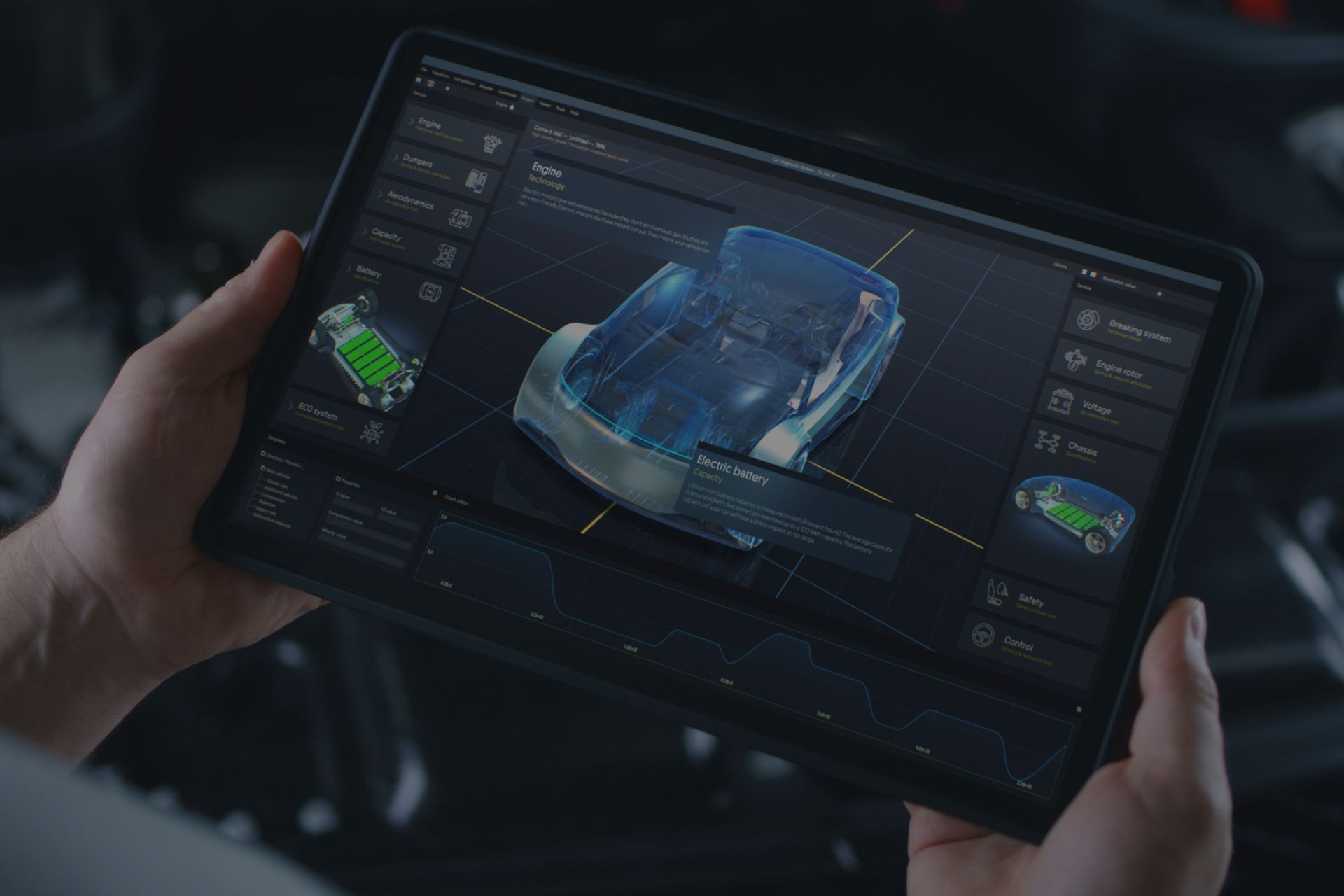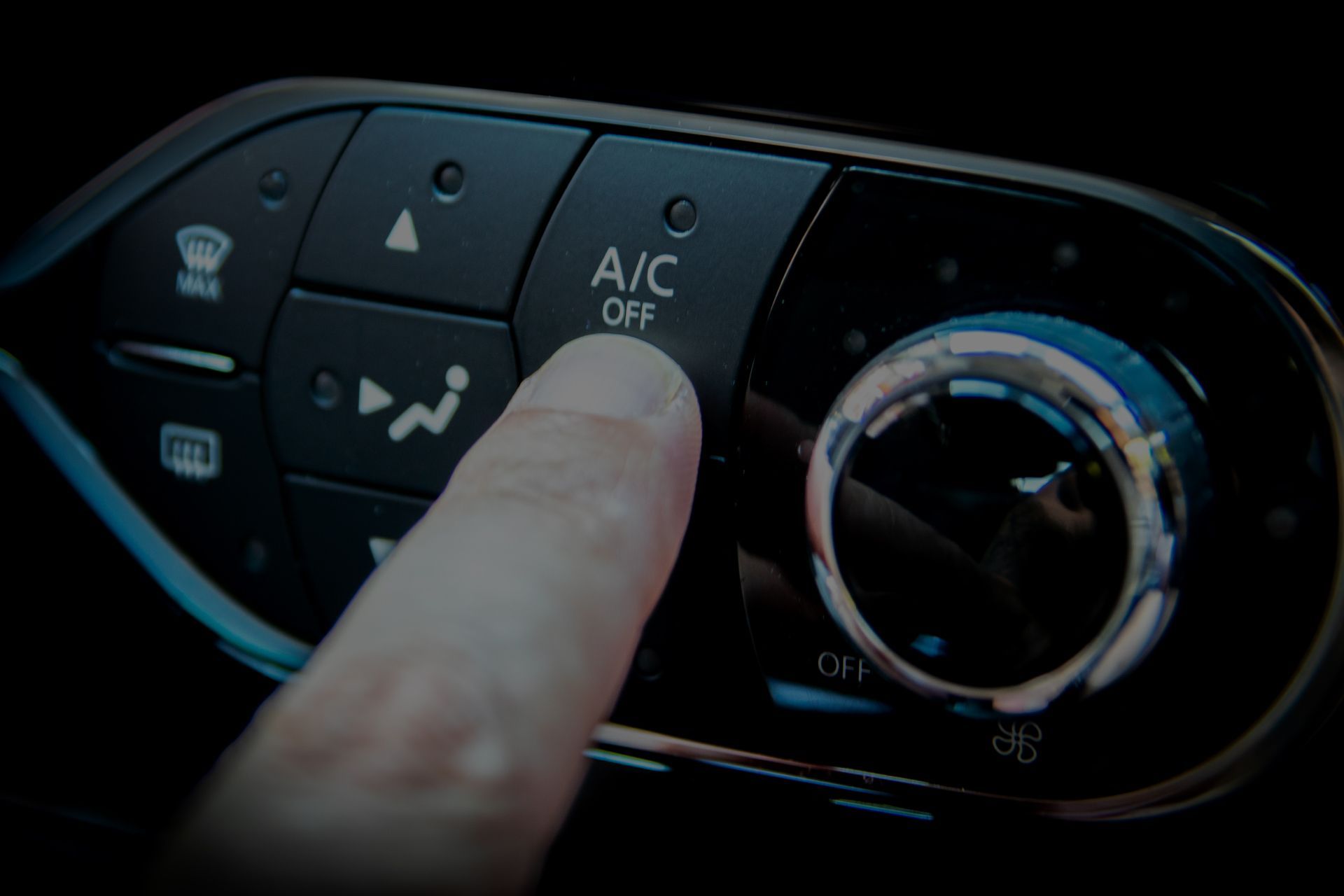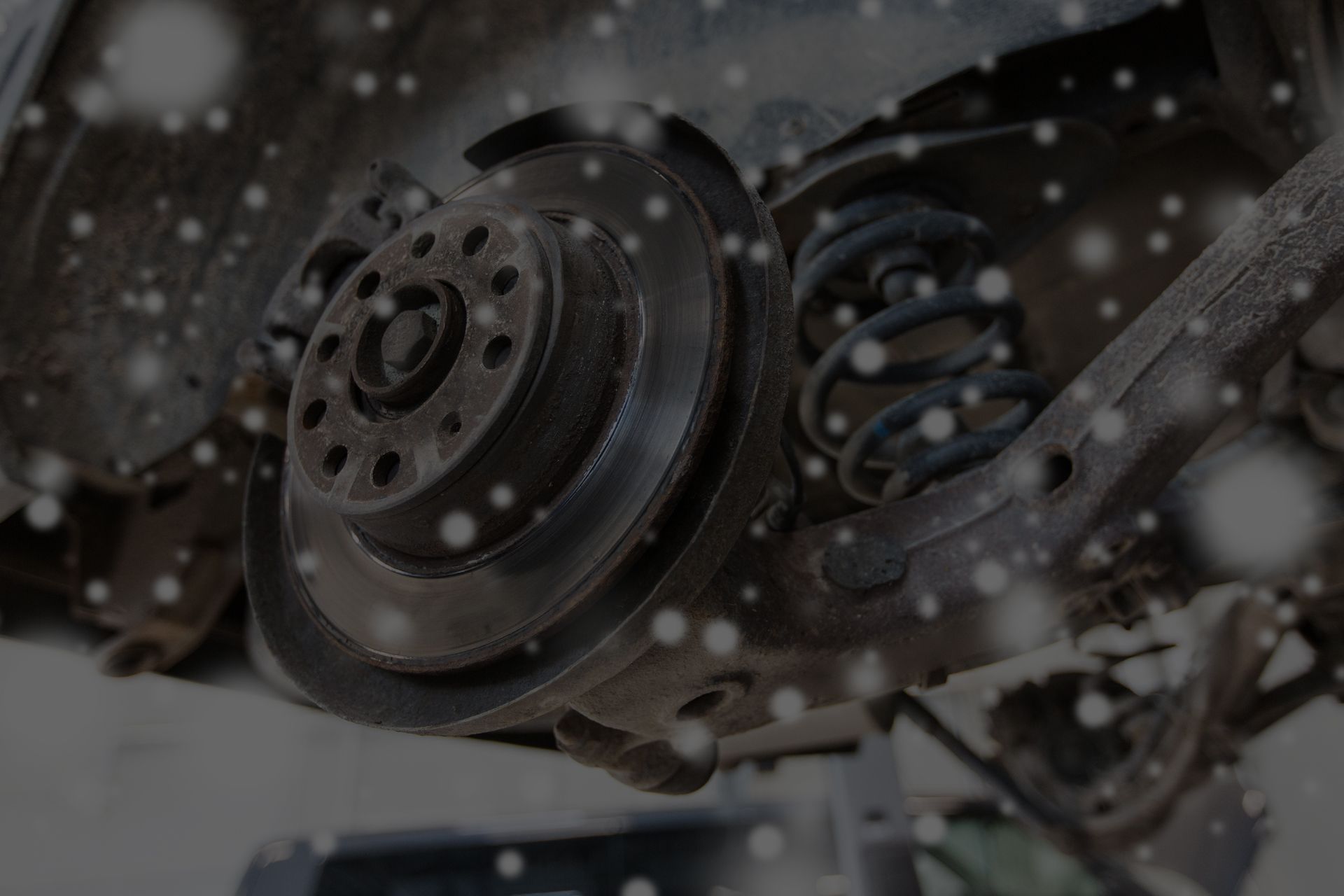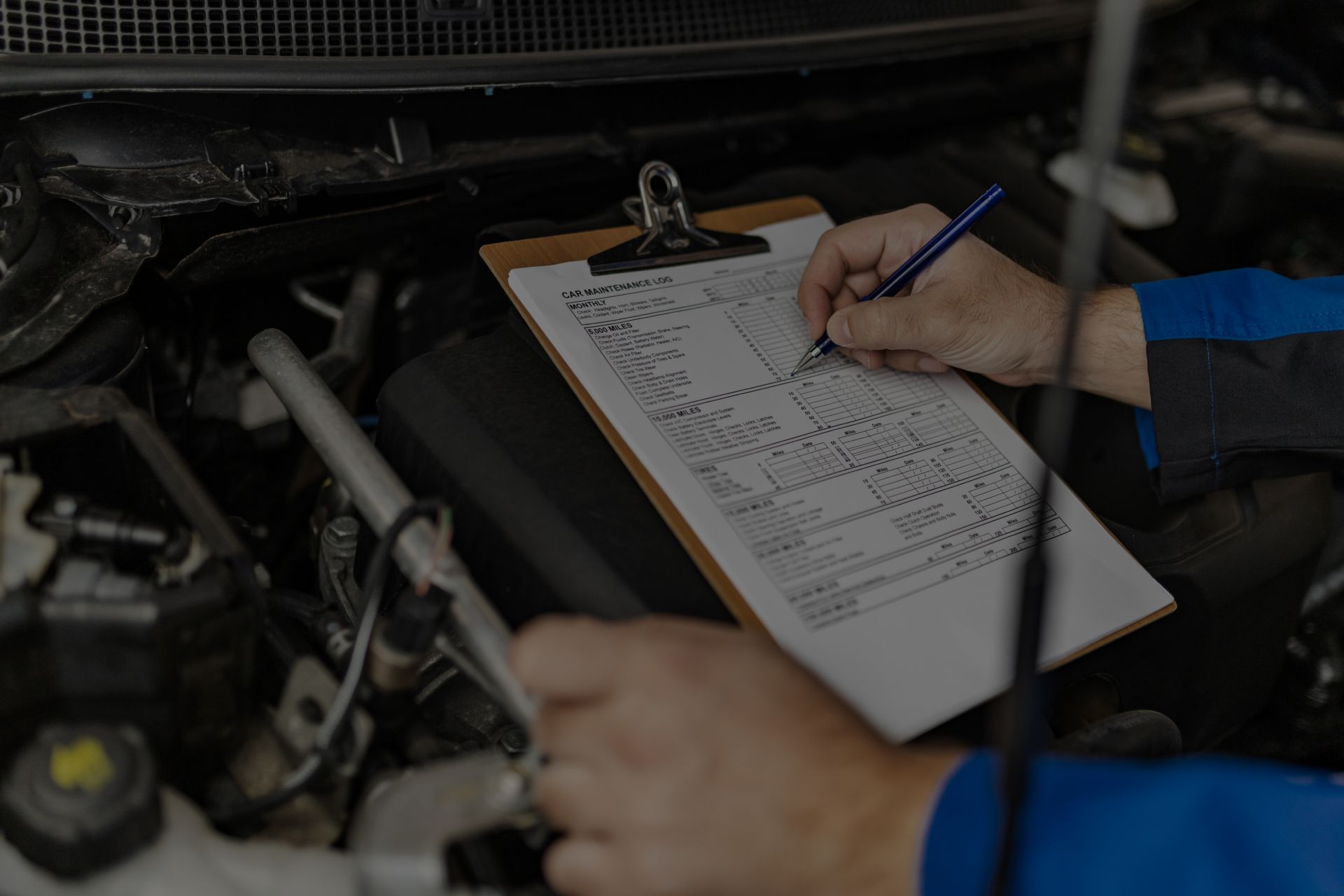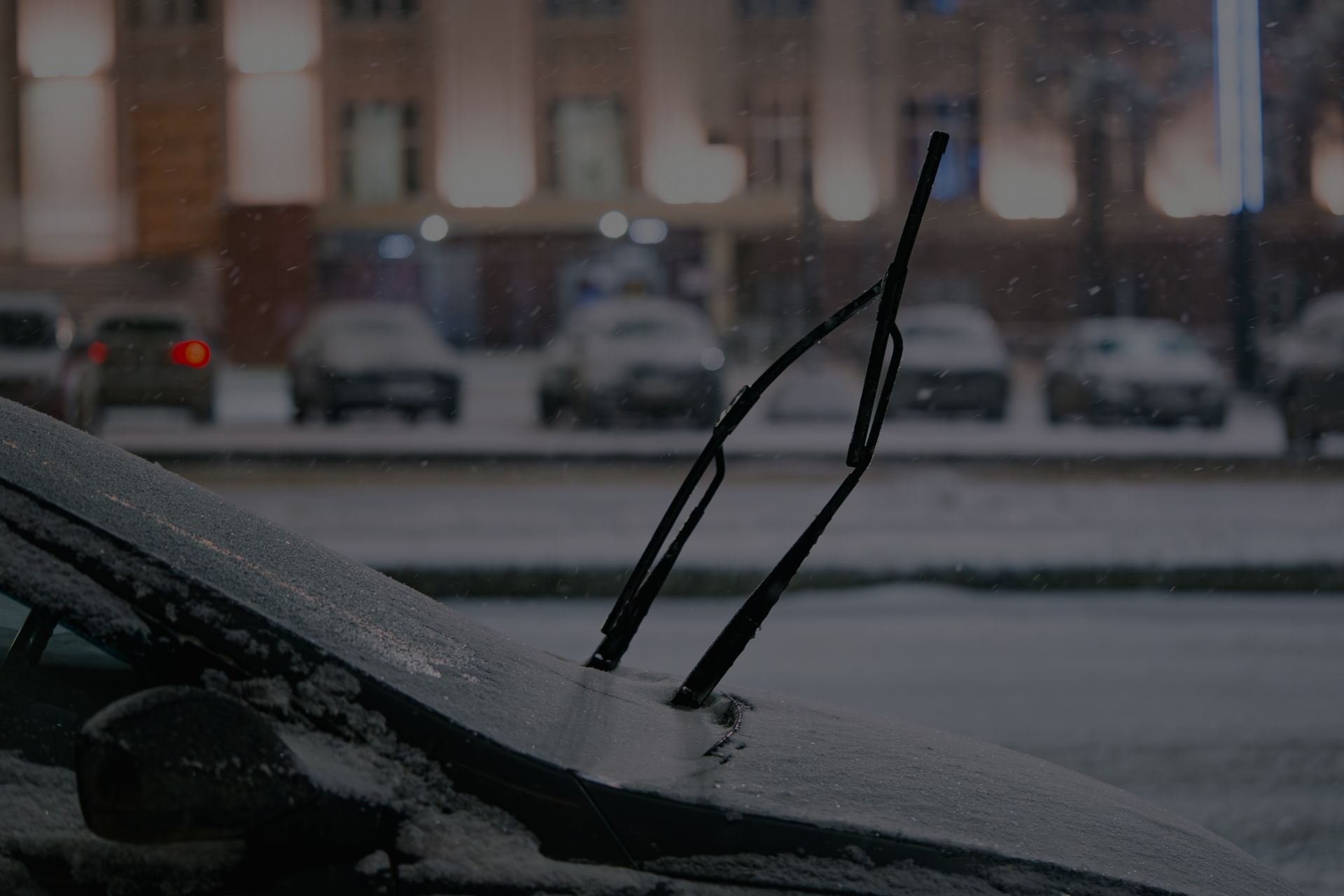Summer in Colorado means road trip season is here. Whether you're planning to cruise the Peak to Peak Highway, explore Rocky Mountain National Park, or venture down to the Great Sand Dunes, your vehicle's braking system will face serious challenges on our state's mountainous terrain.
Denver sits at 5,280 feet above sea level, and many of Colorado's most beautiful destinations climb even higher. Those steep mountain grades, winding descents, and sudden elevation changes put enormous stress on your brakes. Before you load up the car and head out for your summer adventure, watch for these five warning signs that your brakes need professional service.
1. Squealing or Grinding Noises During Braking
That high-pitched squeal when you press the brake pedal isn't just annoying—it's your car's way of telling you the brake pads are wearing thin. Most brake pads have small metal indicators that create this sound when the pad material gets low.
If you hear grinding instead of squealing, stop driving immediately. Grinding means the pad material is completely gone, and metal is scraping against metal. This damages your rotors and creates a dangerous situation, especially on steep Colorado mountain roads where you need maximum braking power.
Mountain driving amplifies brake noise issues. The constant braking required on long descents from places like Vail Pass or Independence Pass generates heat that accelerates pad wear. What might last another few months of city driving in Denver could fail completely on a single mountain road trip.
2. Brake Pedal Feels Soft, Spongy, or Goes to the Floor
Your brake pedal should feel firm and responsive when pressed. If it feels soft, spongy, or travels closer to the floor than usual, you likely have air in the brake lines or a brake fluid leak.
This problem becomes especially dangerous at high altitude. The lower air pressure at elevation can worsen brake system issues that might be barely noticeable at Denver's altitude. A brake system that feels slightly soft in the city could become completely ineffective on a mountain pass.
Brake fluid also behaves differently in Colorado's extreme temperature variations. Summer days can reach 90°F in Denver while mountain mornings start near freezing. These temperature swings affect brake fluid performance and can reveal hidden problems in your brake system.
3. Vibration or Pulsing When You Apply the Brakes
If your steering wheel shakes or you feel pulsing through the brake pedal when stopping, your brake rotors are likely warped or damaged. This happens when rotors overheat and develop uneven surfaces.
Colorado's mountain driving creates perfect conditions for rotor warping. Long descents require constant braking, which generates tremendous heat. Many drivers make the mistake of riding their brakes down mountain grades instead of using lower gears and engine braking to control speed.
Warped rotors don't just create vibration—they reduce your stopping power right when you need it most. On steep grades like those on I-70 through the Eisenhower Tunnel or Highway 285 over Kenosha Pass, compromised braking ability can quickly become a safety emergency.
4. Dashboard Warning Light or Low Brake Fluid
Modern vehicles monitor brake system performance and alert you when problems develop. If your brake warning light comes on, don't ignore it. This could indicate low brake fluid, worn brake pads, or a more serious brake system malfunction.
Check your brake fluid level regularly, especially before long trips. Brake fluid should be clear or slightly amber. If it's dark, contaminated, or below the minimum line, your brake system needs immediate attention.
Denver's dry climate can accelerate brake fluid deterioration. Brake fluid absorbs moisture from the air, and even small amounts of water can cause brake failure under the high-heat conditions of mountain driving. Fresh brake fluid is essential for safe summer road trips in Colorado.
5. Car Pulls to One Side When Braking
If your car pulls left or right when you apply the brakes, you have uneven braking force between the wheels. This could result from a stuck brake caliper, uneven pad wear, or brake fluid contamination.
This problem becomes particularly hazardous on mountain roads with steep drop-offs and narrow lanes. A car that pulls during braking on Highway 34 through Rocky Mountain National Park or the Million Dollar Highway near Silverton could easily leave the roadway.
Uneven braking also indicates your brake system isn't operating at full efficiency. When you need to make an emergency stop on a mountain road—whether for wildlife, falling rocks, or other hazards—every bit of braking power matters.
Don't Risk Your Colorado Adventure
Colorado's summer driving conditions demand properly functioning brakes. Mountain grades, elevation changes, and temperature extremes create challenges that can quickly expose brake system weaknesses. A brake problem that seems minor in Denver traffic could become dangerous or even deadly on a mountain pass.
Summer is also peak tourist season, meaning mountain roads are crowded with drivers unfamiliar with Colorado's terrain. You need confidence in your vehicle's ability to stop safely and quickly when conditions demand it.
Ready for Safe Summer Adventures?
Don't let brake problems ruin your Colorado road trip plans. At ImportSports Performance, our ASE Certified technicians specialize in brake service for all makes and models. We know how Colorado's unique driving conditions affect brake systems, and we'll make sure your vehicle is ready for whatever adventures you have planned.
Located at 7667 E Iliff Ave in Denver, we've been keeping Colorado drivers safe on mountain roads since 1997. Call us today at (303) 752-2422
to schedule your pre-trip brake inspection. With our 36-Month/36k-Mile Warranty, you can hit the road with complete confidence.
